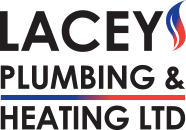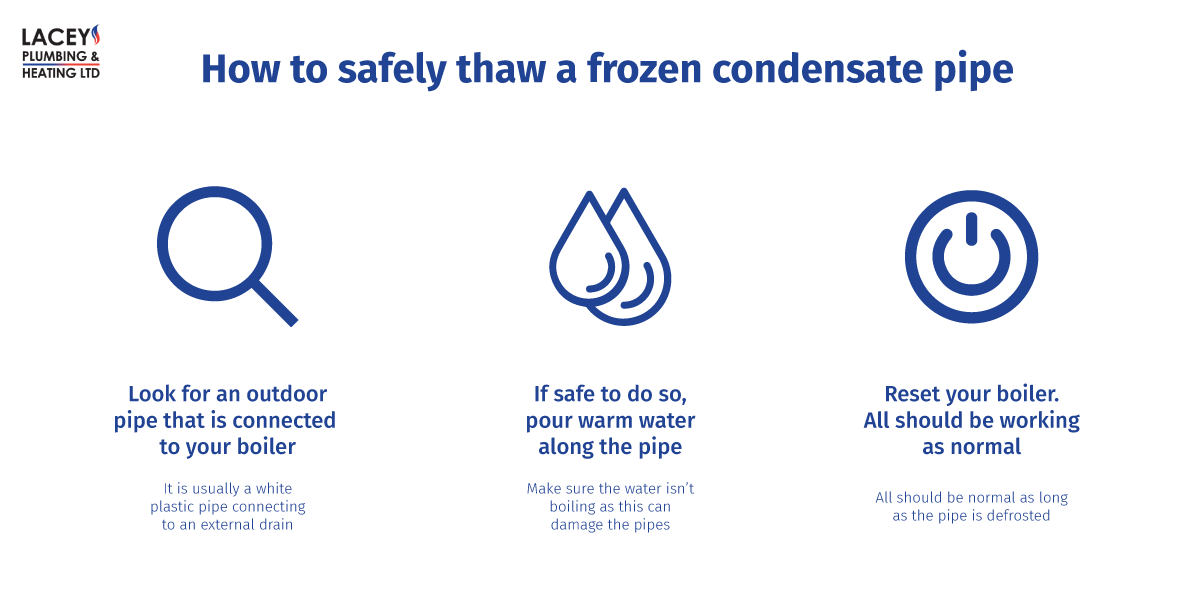How Much Does a Commercial Boiler Service Cost?
In this guide, we’ll look at the prices you can expect to pay for commercial boiler servicing, how long a service takes and the factors that will affect the cost of a commercial boiler service.
Get a Quote Request a CallA boiler is an integral part of any commercial building. They are responsible for providing heat, hot water and steam to the rest of the building and because of this, it is vital that they are checked regularly.
In this guide, we’ll look at the prices you can expect to pay for commercial boiler servicing, how long a service takes and the factors that will affect the cost of a commercial boiler service.
What happens during a commercial boiler service?
During a commercial boiler service, a qualified heating engineer will attend your premises and check everything inside and outside of your boiler to ensure it has the ability to be in good working order until the next service is conducted.
Some things that you can expect to be checked over include:
- Heat exchanger
- Rubber seals
- Condensate pipe
- Boiler flue
- Burner, spark and flame
- Gas pressure and flow
- Pipework
- Emissions checks
How much does it cost to service a commercial boiler?
Costs will vary slightly depending on the type of boiler you have, how big it is and if there are any issues that have been picked up.
The average cost of a full commercial boiler service could start from £120 upwards depending on the size and location of your boiler.
A typical gas, oil or LPG boiler with an output of around 40-60kW can vary in costs, from anywhere from £120 upwards, but this is a huge estimate. This can again vary depending on the location and size. As your boiler kW’s increase, you can expect to see prices increase too.
A commercial service is very different to domestic – the boilers vary and are sometimes domestic size, or sometimes they’re hung from ceilings! Costs are truly based on so many factors and a site visit and quote would allow you to get the best price for your space.
What is included in the cost of a commercial boiler service?
As we’ve mentioned, a full commercial boiler service includes checking all internal and external components. Your heating engineer ensures the boiler, pipework and flue are all installed correctly and look to see if the proper ventilation is in place. They will also check for any leaks or signs of corrosion.
The boiler casing will then be removed and the internal components will be checked. This includes the burner, heat exchanger, main injector, spark probe, electrical connections, seals, fans, gas pressure and so on.
Here is an example of a checklist containing some of the tests that are performed:
- Check for any signs of leaks or corrosion
- Clean all parts
- Conduct combustion analysis after cleaning burners
- Check and clean water gauges
- Perform tests on safety features
How long does it take to service a commercial boiler?
Depending on the condition of your commercial boiler, a service should only last around 60 – 90 minutes.
If there is a big build-up of grime and dirt that needs to be cleaned out, it could take a little bit longer, especially if the system needs a power flush.
How often should you pay for a commercial boiler service?
It is typically recommended that you have your commercial boiler serviced every 12 months. However, since commercial boilers are especially susceptible to wear and tear, and because their usage is so high compared to a domestic boiler, it is often recommended to have them serviced every 6 months instead. This will help to maintain warranty validity
Factors affecting the cost of a commercial boiler service
There are several factors you should keep in mind when considering the cost of a commercial boiler service, including:
- Size – The output of your commercial boiler will affect the price. A larger boiler may mean there are more parts to inspect and clean, which takes up more time for the engineer.
- Boiler location – If your boiler is easily accessible, the time taken by your engineer is greatly reduced. If they have to reach difficult places, lay in an awkward position or or hire scaffolding or a cherry picker, it may take them longer and the price will be adjusted accordingly.
- Type of boiler – A gas or electric commercial boiler is usually cheaper to service due to it having fewer working parts and generally being much cleaner than oil, LPG or biomass alternatives.
- Check and clean water gauges
- Perform tests on safety features
If you’re considering having your commercial boiler serviced, or are in need of a commercial boiler repair, get in touch with our team for fast and effective boiler servicing at a competitive price.
Unit 11 Eton Business Park
Eton Hill Road, Radcliffe, M26 2ZS
Opening Times
Mon – Fri 8am – 5pm
Call Us Today
0161 879 4949
